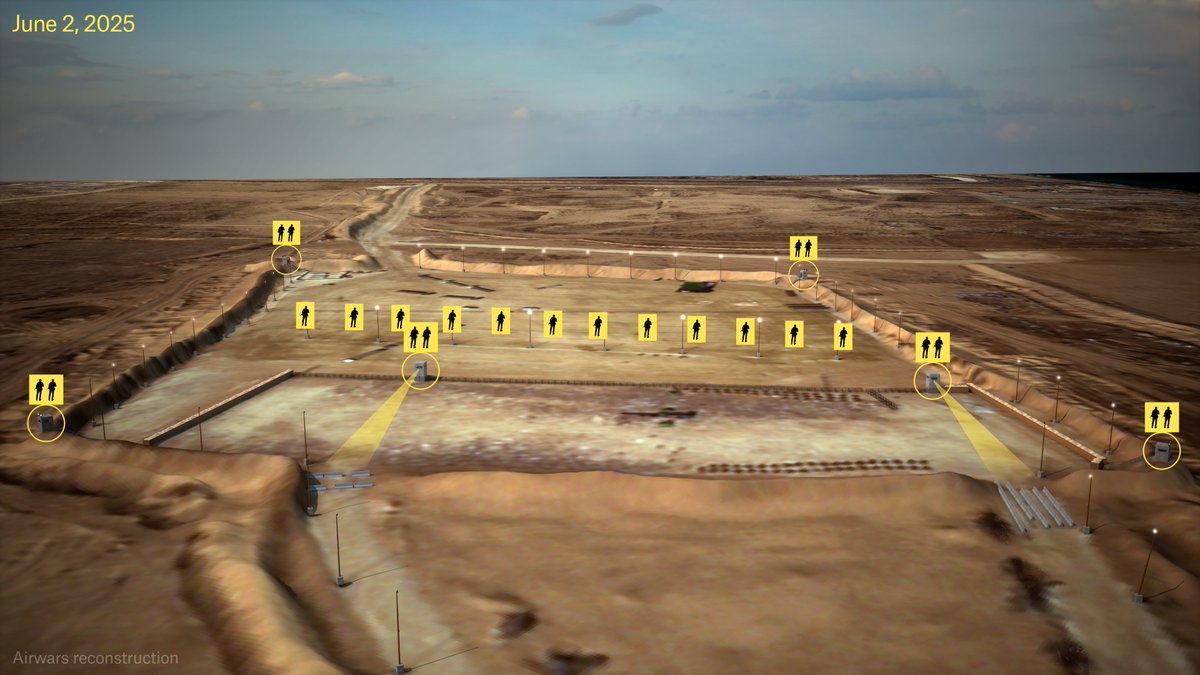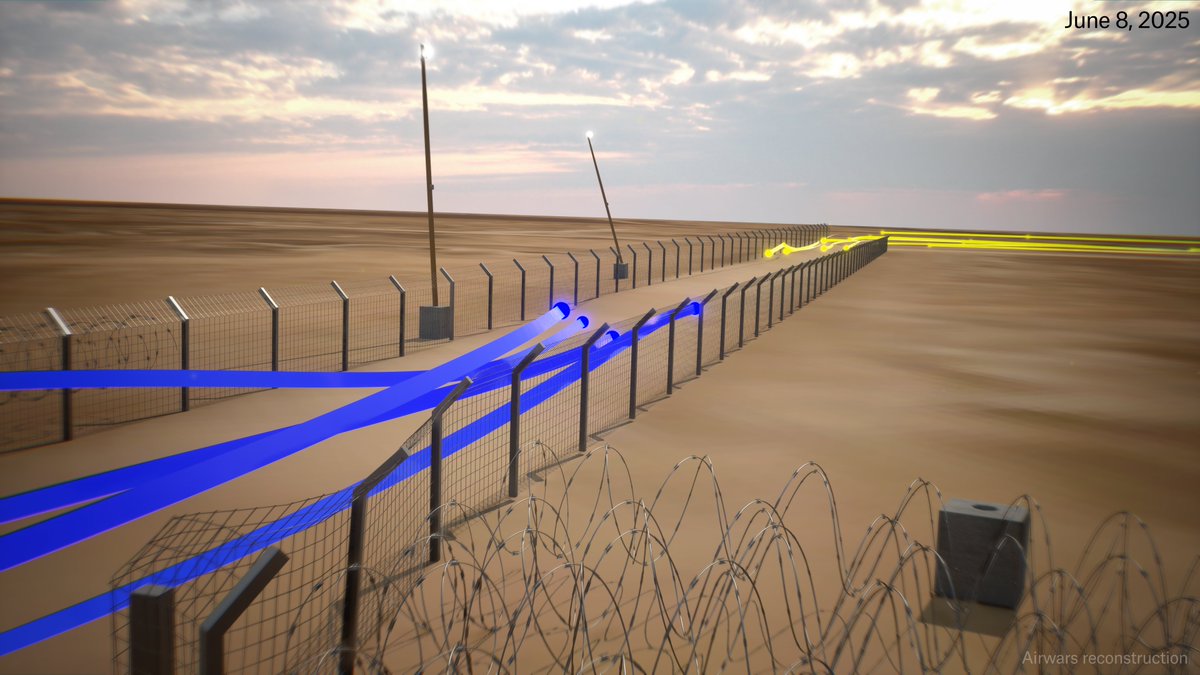Day 2 of crucial #EWIPA talks in Geneva.
This thread, updated by our team of @Emily_4319 Megan Karlshoej-Pedersen, @sanjanamv and @georgiaedwardz will keep you up to date on the second day of these crucial talks.
This thread, updated by our team of @Emily_4319 Megan Karlshoej-Pedersen, @sanjanamv and @georgiaedwardz will keep you up to date on the second day of these crucial talks.
You can find Day 1 of our coverage here -
https://twitter.com/airwars/status/1511622688053379074?s=20&t=jwG29BgLJNRc8qqJVwieWA
The first delegation to speak is the UK, saying, "The UK would like to clarify that there isn’t a general obligation in international law to hold accountable those responsible for violations." 

“Many delegations noted that the concern around explosive weapons is not about stigmatising the weapons, but about the manner in which the weapons are used. That’s true, but it’s a combination of what, where and how,” says the ICRC representative. 

The @ICRC representative also reminds the delegations gathered – "Military criteria is not what governs the lawfulness of the use of explosive weapons." 

The delegate from the Philippines says, "The Philippines is guided by its own national experience, with explosive weapons used by non state armed actors that used civilians and civilian objects as shields, which must be condemned." 

"We suggest that there should be specific language around civilian objects, such as hospitals, blood transfusion centers, medical depots, cultural and religious sites, as well as natural and environmental sites," says the delegate of Mexico. 

"For many incidents of explosive weapons use, states calling for a limitation of the declaration’s focus do not have access to the necessary information and have no capacity to formally determine whether the attacks were indiscriminate or not," notes the speaker from @Article36
@Article36 adds, " Focusing only on indiscriminate use risks politicising the experience of civilian harm, by selectively asserting which attacks were illegal based not on detailed evidence or formal legal judgements, but based on the identities of the parties in question." 

"A focus on indiscriminate use implies that civilian harm from attacks that are not illegal are not worth consideration," says @Article36 ."Yet people are killed, injured and experience long term suffering from so called incidental harm." 

The delegate from the USA says, "As a state with an active military, we start with the proposition that we have explosive weapons in our arsenals and when we conduct ourselves in conflict, we use them. " 

"The purpose is not to reiterate existing IHL," say the delegate of New Zealand. "Instead, our mission is to add an additional layer of political commitments that will improve the status quo for civilians in conflict zones and properly extend to them the full protections of IHL. 

The session will now move onto discussing Section 4.
Find our article summarising the first day of #EWIPA proceedings here -
https://twitter.com/airwars/status/1511998274005315593?s=20&t=CohlmFUzhCb2sAus7B7QO
"We support the collection and sharing of data", says the delegate of France. "There are operational and security constraints that have to be borne in mind." 

ICYMI - our incoming director and research manager Emily Tripp addressed the delegations gathered for #EWIPA
https://twitter.com/airwars/status/1512003798499221504?s=20&t=x-EUf8CtOZ447EHNI6tWhg
"There is no such thing as too strong of a text on victim assistance, or too wide a group of people to help," says @HI_federation."We expect the declaration to establish an inclusive framework."
"Tracking civilian harm is extremely important - we have a moral obligation to do it," says the delegate from the United Kingdom. 

"Data sharing and tracking should go beyond just civilian casualties – the types of weapons used, the location, the kinds of direct and indirect effects," says the delegate of Chile. 

They add, "It is the reality on the ground that the majority of the victims of the use of EWIIPA are civilians. The commitments and measures that we are suggesting are aimed at having an effect on the ground."
"We believe that the process of ‘stigmatising explosive weapons’ is a practical consequence of the harm done by explosive weapons to civilians," says the delegate for Mexico. 

As @hrw puts it, "Battle damage assessments and collateral damage estimation methodologies are useful military tools but are not designed to assess humanitarian impacts and have some fundamental limitations." 

“If the protection of civilians is to be useful, states have to avoid using explosive weapons with wide area effects in populated areas – unless they have taken mitigation measures," says the @ICRC
Read the @ICRC report on EWIPA here - icrc.org/en/document/ci…
"Assurances by certain states that adequate mechanisms to protect civilians are already in place seem disconcertingly detached from the reality of extensive and systematic civilian suffering that is well documented in armed conflicts around the world," - @ploughshares_ca 

"Harm caused by explosive weapons in populate areas lasts beyond the duration of armed conflict," says @CivCenter 

The Canadian delegate says "There is no credible evidence that IHL, when interpreted in good faith, and integrated thoroughly into operational practice, is in any way insufficient to address the preponderance of humanitarian concerns tragically observed in modern armed conflict." 

"It is not feasible or realistic in combat generally to restrict or refrain from the use of EWIPA whenever, as 3.3. says, the effects may be expected to extend beyond a military objective," asserts the USA.
"There are circumstances where there is no alternative to conducting military operations in urban areas," says the UK.
• • •
Missing some Tweet in this thread? You can try to
force a refresh






















